Competition for admission in best medical schools across the nation and globe are neck to neck. The two top qualifying exams are MCAT and NEET. Learn the complete difference of syllabus, eligibility and exam pattern here.
Table of Contents
NEET and MCAT are the exams that are the passkeys. Both these exam scores are widely accepted and acknowledged. Therefore, it is essential to know the difference between MCAT vs NEET. MCAT opens doors to medical education from international universities; whereas, NEET scores are used for admission into top medical colleges around the nation.
Difference Between MCAT and NEET
MCAT stands for Medical College Admission Test, and National Eligibility-cum-Entrance Test is the full form of NEET. Nevertheless, both are highly valued entrance examinations, and the ranks are mandatory for admission into top medical colleges.
The basic difference between MCAT vs NEET is the level of examination. While the former is international, the latter is national-level. Further, the conducting authority varies. The complete analysis of between the exams are displayed in the table below:
| Particulars | MCAT | NEET |
| Full Form | Medical College Admission Test | National Eligibility-cum-Entrance Test |
| Conducting Authority | Association of American Medical College (AMMC) | National Testing Agency (NTA) |
| Level of Examination | International | National-Level |
| Mode of Examination | Computer-Based - Online | Pen-paper Based - Offline |
| Duration of Exam | 7 hours 30 minutes | 3 Hours |
| Type of Questions | MCQs | MCQs |
| Frequency | Twice | Thrice |
Eligibility Criteria for MCAT vs NEET
The eligibility for MCAT and NEET, of course, varies. While MCAT is attempted by candidates who want admission to international colleges, NEET is for admissions into top universities/ colleges in India. The elaborated eligibility details for MCAT vs NEET is mentioned in the table below:
| MCAT | NEET |
| Candidates hailing from U.S and Canada should produce an Undergraduate degree to be eligible for the exam. | All aspiring candidates should have passed their 10+2 or equivalent examination with a minimum of 50% aggregate of marks with Physics, Chemistry, Biology, and English as compulsory subjects. |
| The rest of the international candidates should be pursuing or may have completed their MBBS course to be eligible for appearing in MCAT. | Candidates should compulsorily obtain a MBBS degree from a recognized institution. |
| However, candidates seeking MCAT for purposes other than a career in medicine must get special permission from the American Association of Medical Colleges (AAMC). | Further, they should register themselves with the MCI/SMC. |
| Further, candidates eager to pursue a career in the various medical fields such as Allopathic, Osteopathic, Podiatric, and veterinary can appear for the MCAT exam. | Additionally, candidates must have mandatorily completed their internship period of 1 year as per the specified date. |
Syllabus of MCAT vs NEET
The MCAT syllabus demands compulsory knowledge over subjects such as Science, Psychology, and Sociology. However, critical reasoning and analytical skills are also assessed in the test. The detailed syllabus description is as mentioned below:
Critical Analysis and Reasoning Skills
- Ethics
- Philosophy,
- Social science
- Population Health
- Humanities Disciplines and studies of Diverse Culture
Biological and Biochemical of Foundations of Living system
- Natural Science: Research, Reasoning, and Statistics basic Biochemistry concepts, Statistics concepts, and Introductory Research Methods
- Chemistry: Organic and Inorganic
- Biology: Cellular and Molecular, Biochemistry
Psychological, Social, Biological Foundations of Behaviour
- Introductory Statistics Concepts and Research Method of Introductory science
- Social and Behavioural Sciences: Scientific Inquiry, Reasoning research
- Concepts Psychological
- Sociology and Biology about the Behavioural and Socio-Cultural Health Determinants, Mental Process and Behaviour
- Concepts of Psychology and Sociology
Chemical and Physical Foundations of Biology Systems
- Introductory Biochemistry and Biology concepts
- Introductory Molecular Biology, Introductory, and Statistics concepts
- Chemistry: Organic and Inorganic, concepts of Physics
- Scientific Inquiry and Reasoning, Research method and Natural Science
While for NEET, the syllabus for UG and PG varies exponentially. The detailed syllabus for NEET-UG is as mentioned below:
| Physics | |
| Syllabus for Class XI | Syllabus for Class XII |
| Physical-world and measurement | Electromagnetic Induction andAlternating Currents |
| Work, Energy and Power | Magnetic Effects of Current andMagnetism |
| Thermodynamics | Optics |
| Motion of System of Particles and RigidBody | Electrostatics |
| Kinematics | Electromagnetic Waves |
| Properties of Bulk Matter | Dual Nature of Matter and Radiation |
| Laws of Motion | Atoms and Nuclei |
| Gravitation | Electronic Devices |
| Behaviour of Perfect Gas and KineticTheory | Current Electricity |
| Oscillations and Waves | |
| Chemistry | |
| Syllabus for Class XI | Syllabus for Class XII |
| Some Basic Concepts of Chemistry | Solutions |
| Structure of Atom | Solid State |
| States of Matter: Gases and Liquids | Chemical Kinetics |
| Thermodynamics | Electrochemistry |
| Classification of Elements and Periodicity inProperties | Surface Chemistry |
| Redox Reactions | Coordination Compounds |
| Organic Chemistry- Some Basic Principlesand Techniques | Alcohols, Phenols and Ethers |
| Chemical Bonding and Molecular Structure | Haloalkanes and Haloarenes |
| Hydrogen | Organic Compounds ContainingNitrogen |
| Equilibrium | Chemistry in Everyday Life |
| Environmental Chemistry | Aldehydes, Ketones and CarboxylicAcids |
| Hydrocarbons | General Principles and Processes ofIsolation of Elements |
| s-Block Element (Alkali and Alkaline earthmetals) | d and f Block Elements |
| Some p-Block Elements | p- Block Elements |
| Biomolecules | |
| Polymers | |
| Biology | |
| Syllabus for Class XI | Syllabus for Class XII |
| Structural Organisation in Animals andPlants | Ecology and environment |
| Human physiology | Reproduction |
| Diversity in Living World | Biology and Human Welfare |
| Plant Physiology | Biotechnology and Its Applications |
| Cell Structure and Function | Genetics and Evolution |
NEET PG syllabus is as follows:
| Pre-Clinical | Para-Clinical | Pre-Clinical |
| Physiology | Pharmacology | Medicine, Dermatology, and Venereology |
| Biochemistry | Microbiology | Surgery, Orthopaedics, and Anaesthesia |
| Anatomy | Pathology | Radiodiagnosis |
| Forensic Medicine | Obstetrics and Gynaecology | |
| Social and Preventive Medicine | Paediatrics | |
| Ophthalmology | ||
| ENT |
Is MCAT Tougher than NEET?
There is the unsettling debate whether MCAT is tougher than NEET or MCAT easier than NEET? The answer is inevitable. As we have discussed above, both are medical entrance exams. While NEET is attempted as a UG and PG entrance test, MCAT only admits PG candidates. Further, MCAT is an international-level examination and students from around the globe can appear for the exam. However, satisfying the eligibility standards are mandatory.
Additionally, candidates must achieve the minimum marks required for appearing in the respective examinations. Furthermore, the NEET and MCAT scores enhance the candidates' prospects and help them attain a seat in top colleges/ universities.


![Banaras Hindu University, [BHU] Varanasi](https://media.getmyuni.com/azure/college-image/small/banaras-hindu-university-bhu-varanasi.jpg)
![Jamia Millia Islamia [JMI]](https://media.getmyuni.com/azure/college-image/small/jamia-millia-islamia-university-new-delhi.jpg)
![Manipal Academy of Higher Education, [MAHE] Manipal](https://media.getmyuni.com/azure/college-image/small/manipal-university-mu-manipal.jpg)
![Aligarh Muslim University, [AMU] Aligarh](https://media.getmyuni.com/azure/college-image/small/aligarh-muslim-university-amu-aligarh.jpg)
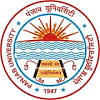
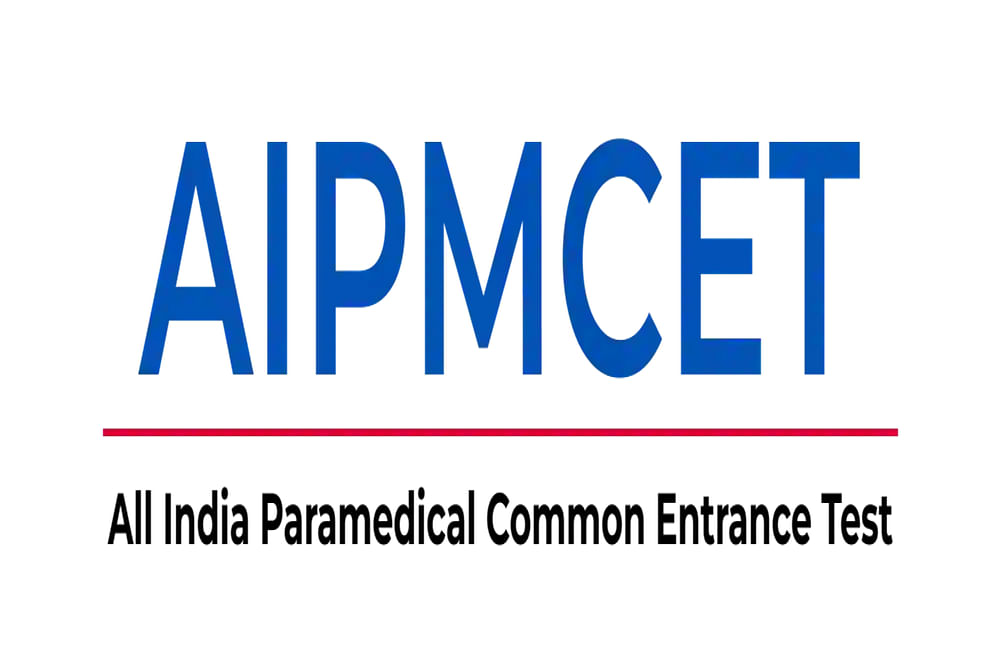
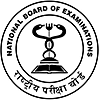
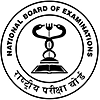







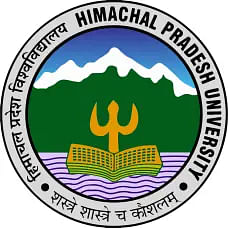

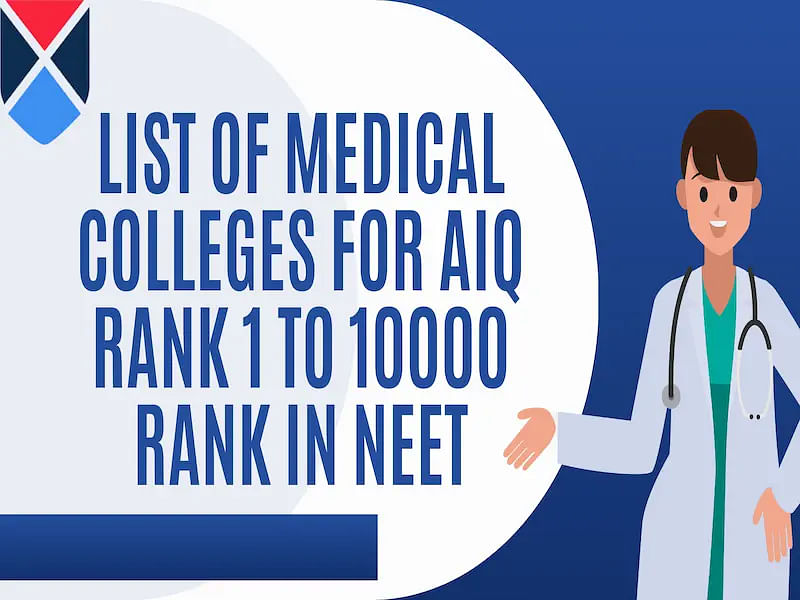









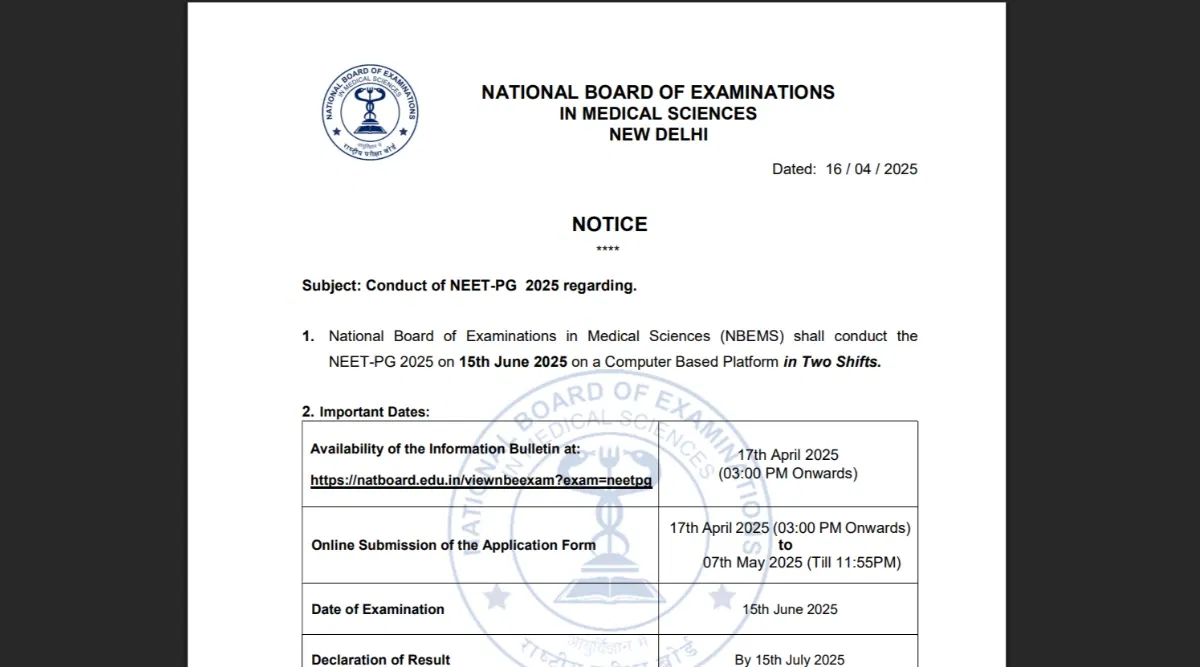

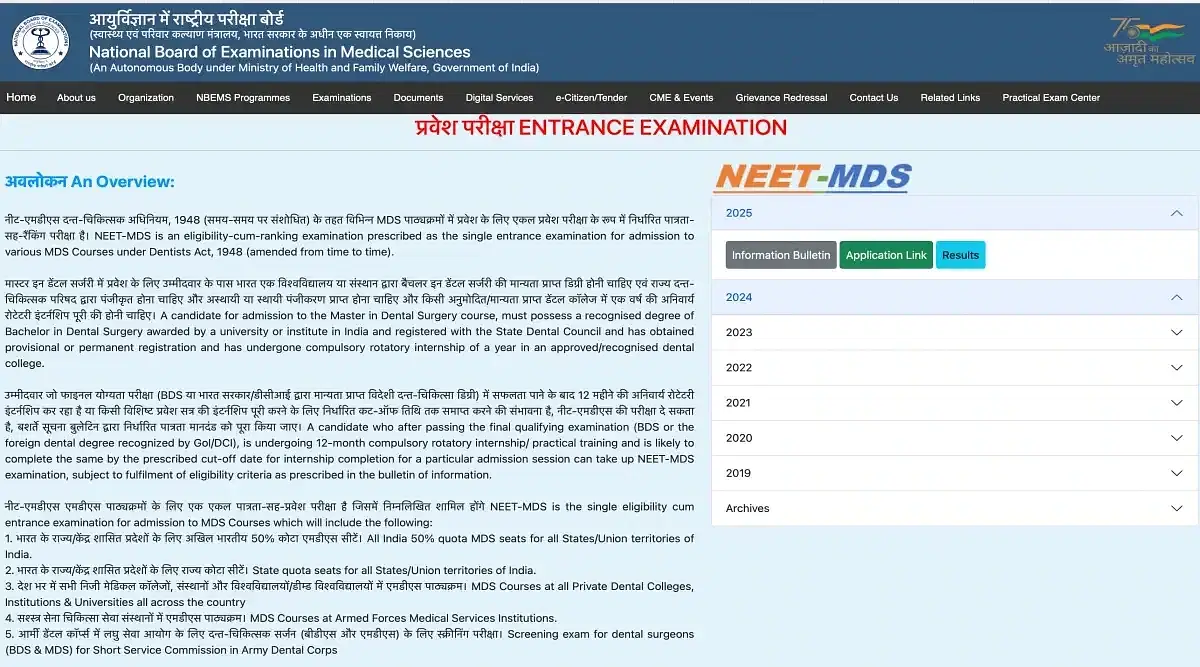
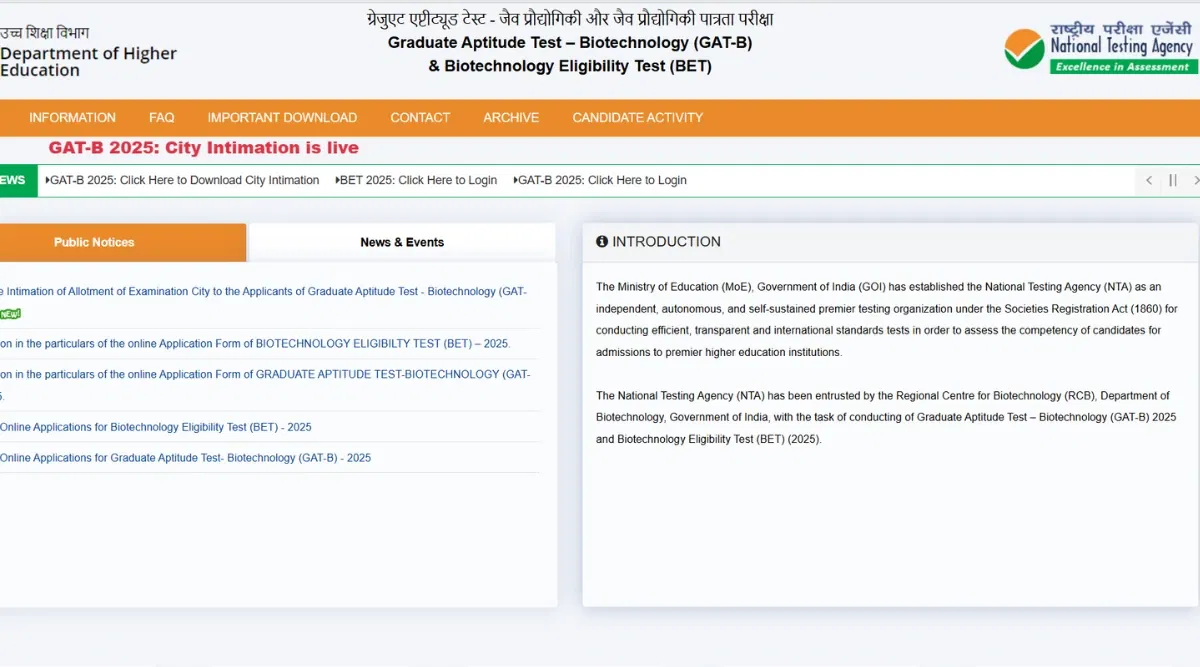







POST YOUR COMMENT